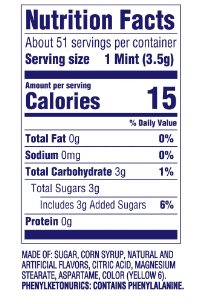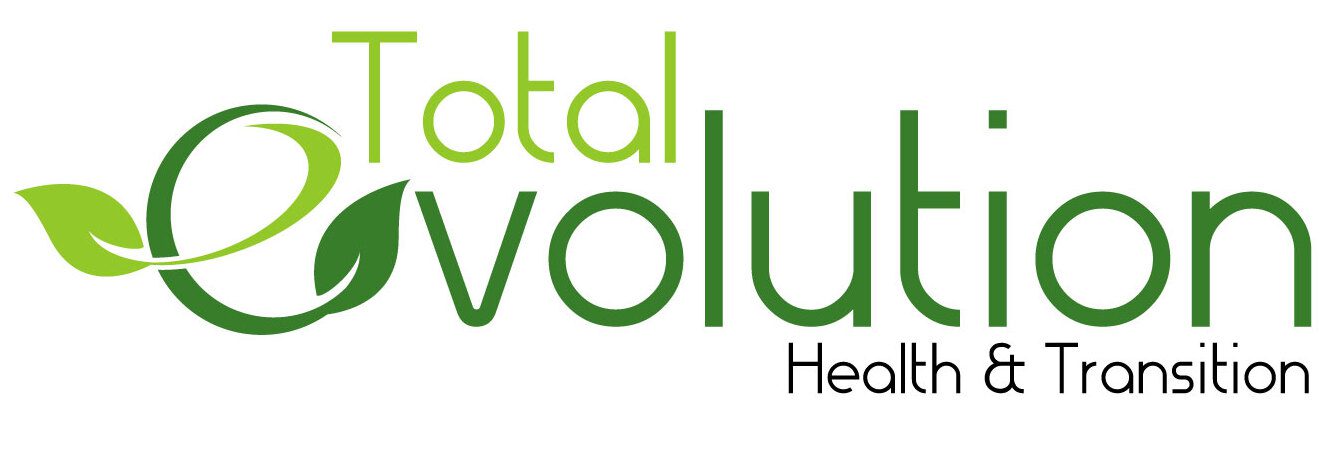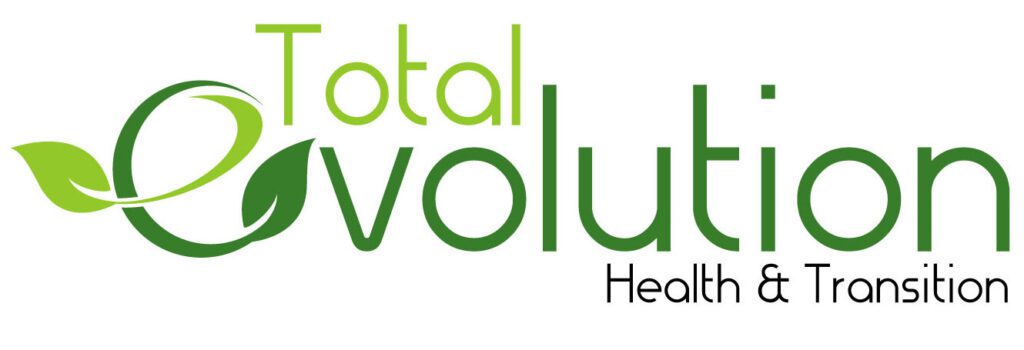Creating an environment that supports wellness at work is just as crucial as focusing on exercise, sleep, and nutrition. Often, it’s the small, mindless habits that undermine our larger wellness goals. Here are three common behaviors that could be sabotaging your wellness efforts in the office—and actionable strategies to help you get back on track.
1. The Desk Snack Trap
It’s easy to keep treats within arm’s reach—candies, chocolates, chips, or even sodas—but these snacks are often consumed without any conscious thought. Before you know it, you’ve polished off more than you intended.
Example:
Take Lifesaver mints, for instance. It’s not hard to eat 10 in a workday, which may seem harmless until you realize that it’s adding up to 150 extra calories a day, or 36,000 calories per year. Beyond the calorie count, ask yourself: Are the ingredients in these snacks promoting energy, focus, and overall wellness? Likely not.

Statistic:
Research shows that 75% of employees keep unhealthy snacks at their desk, which leads to mindless consumption throughout the day. Studies have also found that frequent snacking on processed foods, especially those high in sugar, contributes to weight gain and decreased energy levels.
Try this instead:
Swap mindless snacks for healthier options that provide sustained energy. Keep fruit, like apples or bananas, portioned raw nuts, or clean protein bars within reach for when hunger strikes. Always have a large water bottle at your desk to stay hydrated and curb cravings. Hydration can boost cognitive performance by up to 14% and help curb unnecessary cravings . Gum is also a great alternative—it keeps your mouth busy without the added calories from sugary snacks.
Bonus Tip:
Designate a specific spot away from your desk for eating. This simple shift can help prevent mindless snacking, giving your brain a much-needed break from work.
2. Pushing Through When You’re Exhausted
We’ve all been there—trying to power through fatigue while glued to a spreadsheet or email, with lower back tension and tightness creeping in. You reach for yet another cup of coffee, hoping it’ll give you the energy boost to meet that deadline.
Reality Check:
If you’ve re-read the same paragraph multiple times or entered the wrong numbers into a report, your brain is signaling that it needs a break.

Statistic:
Did you know that 87% of employees admit to feeling stressed at work, and a large portion of that stress comes from feeling overworked or unable to take breaks? Ignoring signs of fatigue can actually reduce productivity by as much as 40% due to increased mistakes and slower cognitive processing.
Try this instead:
Rather than powering through, take 5-10 minutes to reset. Here are some ideas:
- Refill your water bottle and take a walk, even if it’s just around the office.
- Do a quick mental check-in: Are you hungry? Have you eaten recently?
- Find a quiet space to stretch or practice a short guided meditation on YouTube.
- Splash cold water on your face or step outside for fresh air.
Taking short breaks has been proven to increase productivity. Studies show that 90-minute work cycles, followed by a 10-15 minute break, optimize focus and performance. Also, incorporating regular stretching or movement can reduce muscle tension and improve mental clarity. Switching gears will clear your mind and allow you to return to the task refreshed and more focused.
3. Engaging in Toxic Gossip
It’s natural to be curious about what’s going on with colleagues, but there’s a fine line between discussing professional issues and indulging in harmful gossip. Engaging in negative chatter can create a toxic work environment that affects both productivity and morale.
Example:
Imagine Joe is going through a tough divorce, and his performance is slipping. His team might discuss this discreetly, aiming to support him through his struggles. However, gossip that speculates about his personal life or criticizes him unfairly could demoralize Joe and undermine the entire team’s productivity.

Statistic:
Workplace gossip negatively impacts team morale and engagement. In fact, it has been found that toxic workplace cultures—often driven by gossip—cost businesses approximately $550 billion each year due to decreased productivity, higher turnover, and employee burnout.
Try this instead:
If a conversation feels gossipy, stop and ask yourself: Is this helping me or my team stay focused and productive? If not, it’s time to cut the discussion short. By shifting the conversation toward solutions or offering empathy, you set a boundary that protects both your emotional wellness and the team’s morale. Creating a supportive and empathetic environment can increase employee engagement by 21%, which in turn boosts overall company profitability. Fostering positive interactions helps to enhance emotional wellness and creates a more cohesive team.
Bonus Tip:
Cultivating a supportive work environment isn’t just about avoiding gossip. Being mindful of the energy you bring to interactions can uplift your team and contribute to a healthier workplace culture.
Conclusion: Small, seemingly harmless habits can have a big impact on your workplace wellness over time. By swapping out sugary desk snacks, taking regular breaks to reset, and avoiding toxic gossip, you can create an environment that supports your well-being and productivity. Remember, wellness isn’t just about what you do outside of work—it’s about how you navigate your day-to-day routine at the office.

